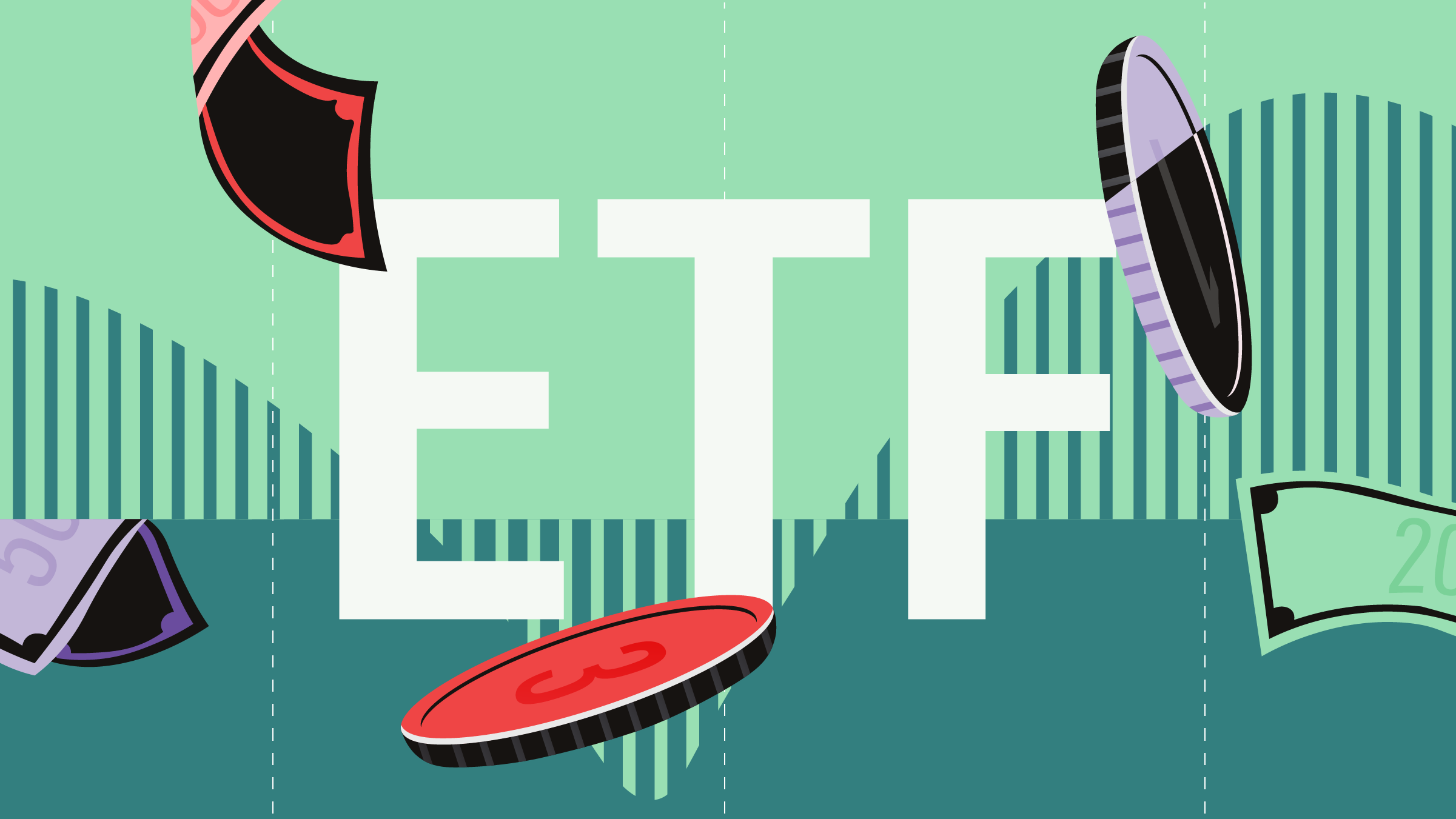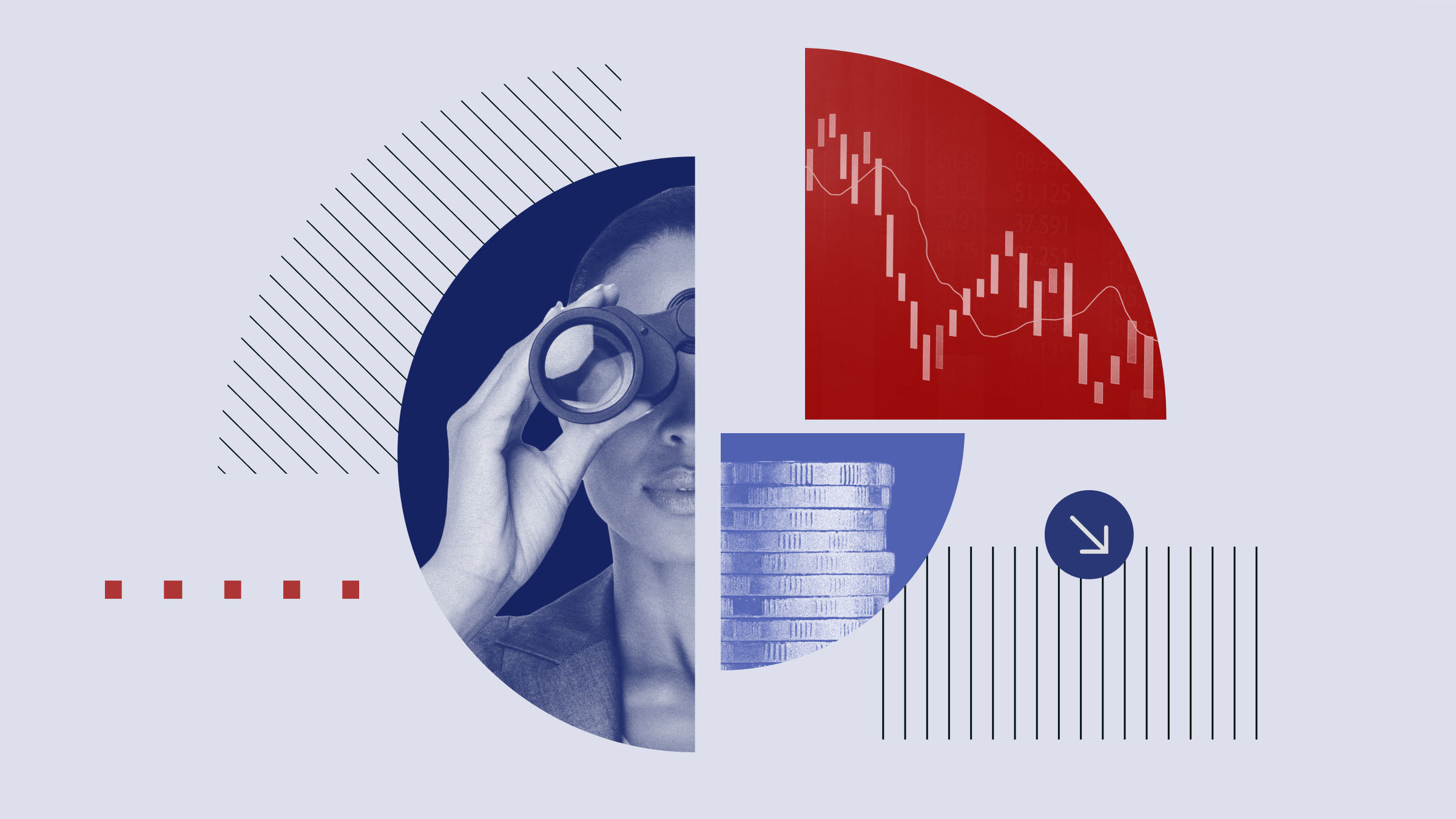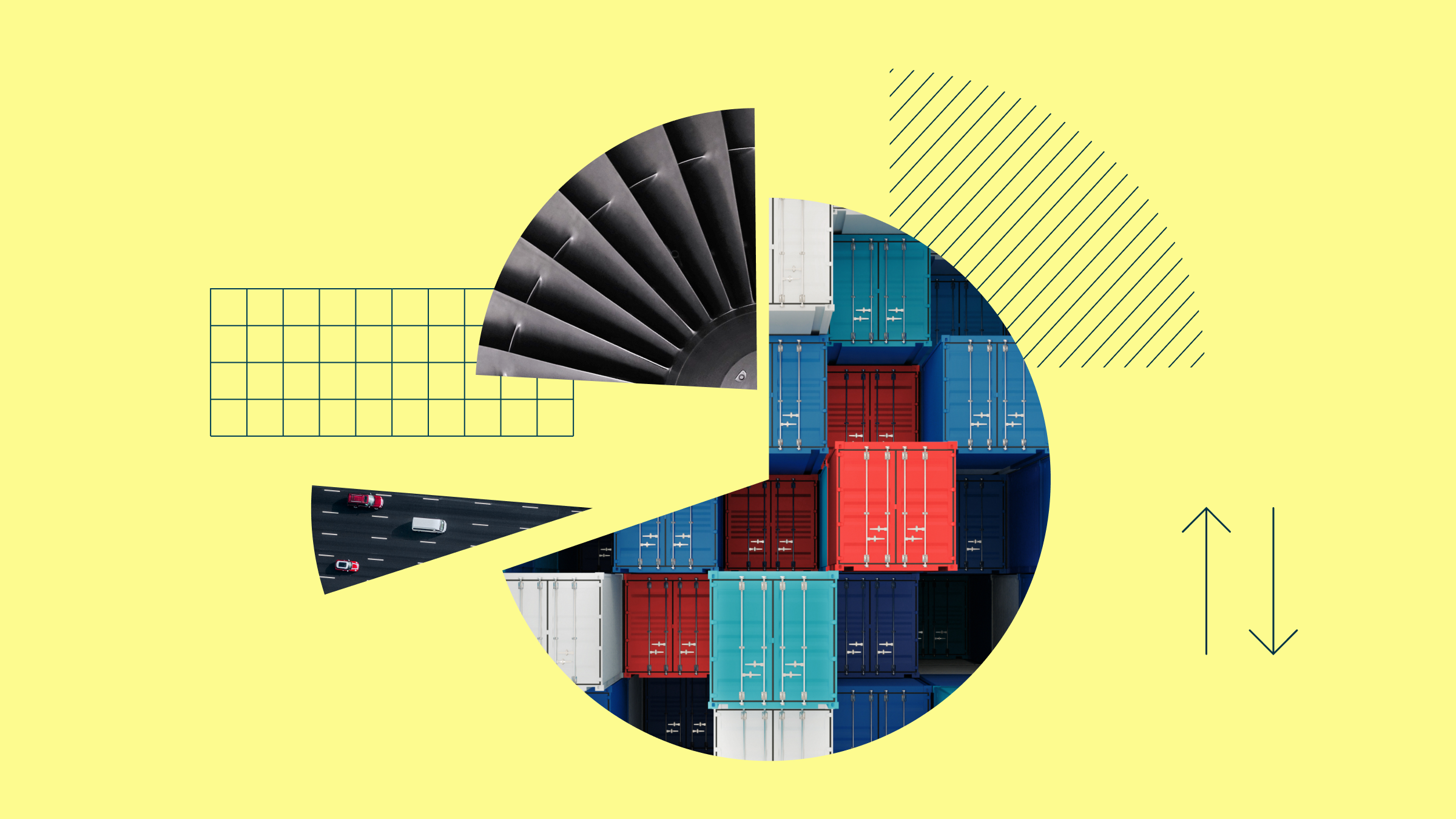Low fees are good for investors. Each dollar left over after fund companies take their cut is a dollar that continues to compound in the interest of the investor. It’s something we stand by at Morningstar, but the same alignment around investor interests has us cautioning against focusing only on fees and ignoring the other costs of investing.
Admittedly, it’s hard not to focus on fees when ETF and mutual fund providers continue to wage a highly visible ‘fee war’ against one another. Their mission for greater market share is taking the route of the latest and cheapest new product, hitting headlines in a time of greater investor awareness, evolving advice models and un-bundling of embedded fees, described in a U.S.-focused recent study by Ben Johnson, Director of Global ETF Research at Morningstar.
The fee war made its way up to fund managers largely through an evolution in the advisor business, says Johnson in the study. “The evolution of the economics of the advice business is shaping flows and fees. As advisors move away from transaction-driven compensation models and toward fee-based ones, share classes that have fewer embedded advice and/or distribution costs are seeing more flows.”
Canadians investors are more informed and demanding transparency in fee structures and product costs, says Ilana Schonwetter, Investment Advisor at BlueShore Financial. They’re voting with their money and it is paying off. She has seen the benefits in the books of her clients holding fixed-income assets for example, enjoying significant fee cuts in the current low rate environment. “Companies have a harder time justifying their fees [for those types of assets now],” she says, pointing out that technology helped sparked the fee war, by enabling ETFs and economies of scale developed by the likes of Vanguard.
Changes in product structures, such as the extension of preferred rates – which are typically reserved for high net worth individuals – to larger family accounts, is another way Schonwetter sees the benefits from the fee war making their way into investor portfolios.
Fees aside, there are other – potentially more expensive - costs to consider, especially as the fees already find themselves quite low.
“It's important that investors be mindful of other considerations that will have far more meaningful long-term implications for their investments than saving a buck or two on fund fees,” writes Johnson in a recent article.
Portfolio construction should be priority #1
Investors have more information at their fingertips, but more work to do if they want to go bargain hunting. “As fees converge at ever-lower levels, understanding the particulars of index construction and their implications for these funds' performance profiles matters more than ever,” says Johnson.
Both Johnson and Schonwetter say that when assessing fees, it’s also important to assess value. Ask yourself questions like what does the asset bring to your portfolio? How much risk and volatility does it add? Though it may seem like an efficient (and seemingly safe) addition, what else does it bring?
Index ETFs and mutual funds provided “very good lessons for passive investors between October and December of last year,” says Schonwetter. Johnson adds that in the case of index funds, an attraction from investors to increasingly thinner marginal cost saving could be working in the opposite direction. “Minor differences in seemingly similar funds' fees are less meaningful still when scaled against the differences in their long-term returns--which can be many multiples larger.”
Taxes and transactions are strings attached
Switching from one low-fee fund to another in a taxable account is a bad idea. You could end up spending far more in taxes than you save.
“Some investors might be tempted to save a few bucks by switching from one low-fee fund to another, it is important to understand that doing so could be a value-neutral proposition at best,” says Johnson pointing out that a capital gains tax bill could take many lifetimes to recoup with the marginal benefit.
And that’s not including transaction costs. “It's likely that these transaction costs could consume years' worth of prospective fee savings,” says Johnson. Investors might be better off adding lower fee alternatives as incremental investments.
Schonwetter adds that as the cost difference between actively managed ETFs and mutual funds becomes smaller, it’s worth considering the tax advantages of mutual fund structures compared to ETF structures. There are direct ownership implications and trust distribution scenarios based on the product structures to think about.
The cost of opportunities lost
As explicit costs like fund fees and commissions get squeezed, investors should be on the lookout for other implicit costs they might incur, says Johnson.
Unlike the high visibility of low fees, opportunity costs are less apparent. “A prime example is foregone yield on cash balances,” says Johnson. “Look at what you're earning on your cash. What's the yield on your cash sweep or money market account? In many cases, these yields are measly.”
Johnson provides an example of a cash move strictly between cash accounts. “The difference between one year's interest earning 0.50% and 2% on a $10,000 cash balance amounts to $150. This is many multiples what investors might save being fee misers.”


















